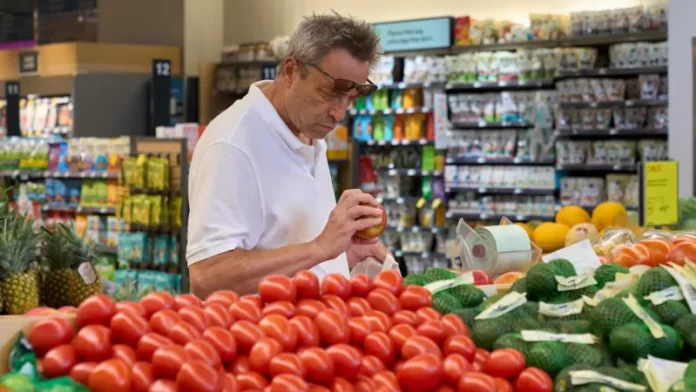The United States government has announced a rollback of tariffs on selected food products, part of a broader effort to stabilise consumer prices and ease pressure on households.
The decision, signed through an executive order by President Donald Trump, grants exemptions to dozens of agricultural and food commodities, including coffee, bananas, beef, avocados, tomatoes, coconuts and mangoes.
According to the administration, these items are being exempted because they cannot be produced in sufficient quantities within the country.
President Trump said the move targets “products that are not produced in the US,” noting that the exemptions do not threaten domestic industries. He expressed confidence that additional reversals would not be necessary.
The policy shift comes amid growing concerns over rising food costs, especially beef and other staples, which have become a politically sensitive issue. The administration has recently launched inquiries into alleged price manipulation within the meat packing industry while promoting tariff rebate cheques as a form of relief for Americans.
Despite previous assurances that tariffs would not affect consumer prices, economists have consistently cautioned that such levies are typically passed down to shoppers. Recent federal inflation data showed a 2.7% rise in grocery prices compared to last year.
The tariff exemptions are effective retroactively from 13 November, according to the White House. Additionally, the administration announced that import taxes on coffee and bananas will be reduced under new trade agreements with four Latin American countries, moves officials say will support the push to cut US coffee prices by 20 percent this year.




